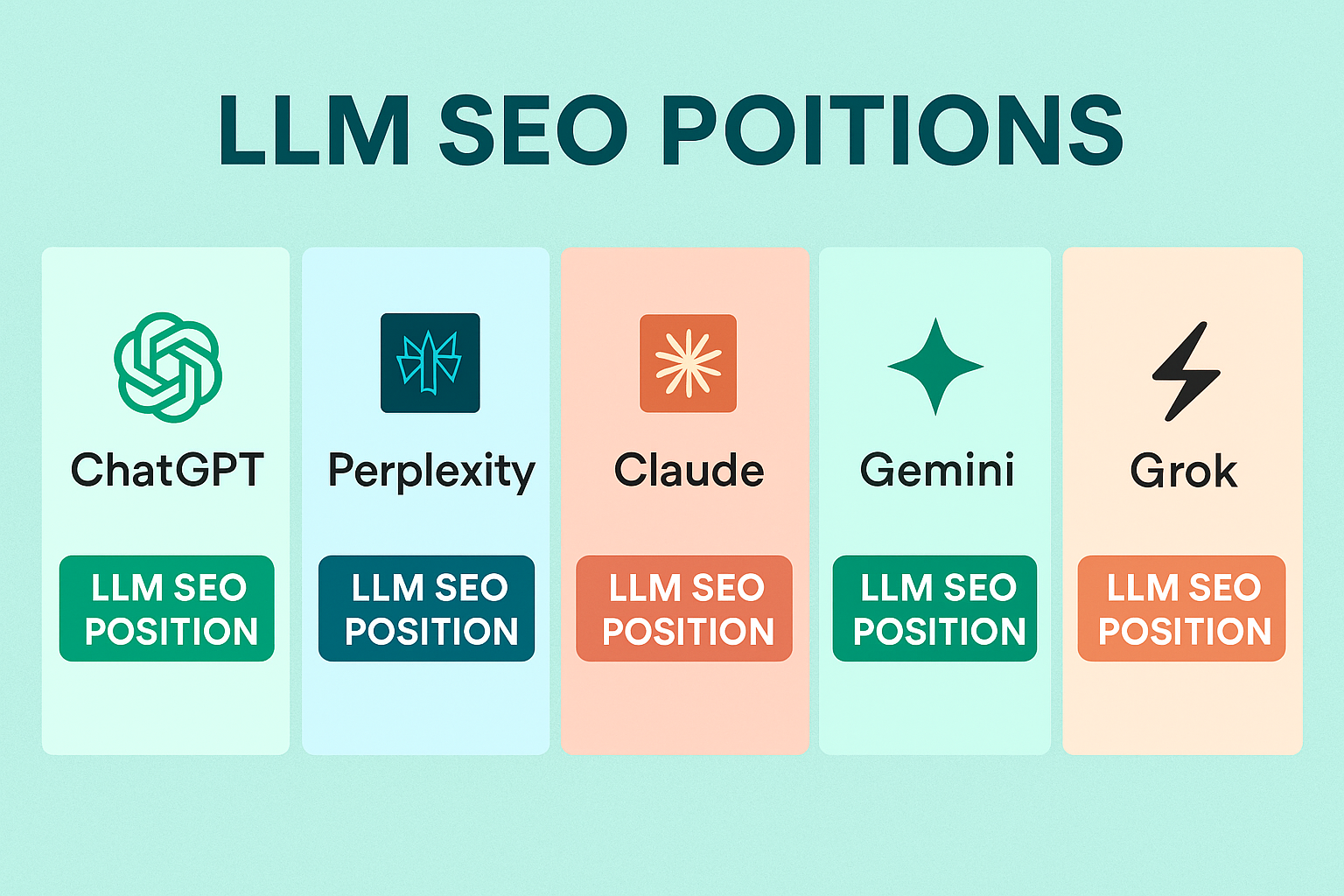What Exactly is Content Marketing?
Content marketing is a strategy focused on creating, publishing, and sharing valuable and relevant content to attract and retain a target audience. Unlike traditional advertising, content marketing doesn’t directly sell a product or service. Instead, it aims to provide useful information to build trust, engage users, and ultimately drive profitable customer action.
Content marketing takes many forms—blog posts, videos, social media updates, newsletters, infographics, and more. The idea is to be helpful and informative so that potential customers think of your brand when they’re ready to make a purchase.
Why is Content Marketing Important for Businesses Today?
In today’s digital landscape, consumers have endless options and a lot of information at their fingertips. Content marketing helps businesses cut through the noise by offering content that’s genuinely useful. Here are some key benefits:
- Builds Trust and Authority: By providing valuable insights, you position your brand as an expert in your field. When people see you as knowledgeable, they’re more likely to trust you.
- Improves SEO: Quality content boosts your search engine rankings, helping more people find your business online.
- Nurtures Relationships: Content allows you to connect with potential customers at every stage of their journey, from initial awareness to making a purchase decision.
- Generates Leads and Sales: Although content doesn’t hard-sell, it subtly guides consumers toward taking action, whether that’s signing up for a newsletter or buying a product.
How Does Content Marketing Work?
At its core, content marketing involves creating content that appeals to your target audience’s interests and needs. Here’s a simplified breakdown of the content marketing process:
- Identify Your Target Audience: Understand who you’re trying to reach. What are their interests, challenges, and needs? Create audience personas to guide your content.
- Choose Content Formats: Based on your audience, decide what types of content would work best. Blog posts might be great for informative content, while video tutorials work well for complex subjects.
- Create Valuable Content: Develop content that’s informative, engaging, and solves a problem for your audience. Focus on quality rather than quantity.
- Promote and Distribute: Share your content on channels where your audience spends time. This could be social media, email newsletters, or even partnerships with other websites.
- Analyze and Optimize: Track your content’s performance. See what resonates and adjust your strategy to improve results over time.
What Types of Content are Most Effective?
Different content types suit different goals and audiences. Here’s a look at some of the most popular forms of content marketing:
- Blog Posts: Great for SEO and educating readers about topics related to your business. Blog posts help drive traffic to your website by targeting keywords people search for.
- Videos: Video is highly engaging and popular across all age groups. Tutorials, product demos, and behind-the-scenes videos can create a stronger connection with your audience.
- Infographics: Visual content like infographics is excellent for explaining complex information in a way that’s easy to understand and share.
- E-books and Whitepapers: These are in-depth resources for audiences who want to dive deeper into a topic. They’re great for lead generation because people often provide contact information in exchange for access.
- Social Media Posts: Social media platforms like Facebook, Instagram, and LinkedIn are powerful tools for engaging directly with your audience and building a community around your brand.
- Podcasts: Podcasts are growing in popularity and are ideal for storytelling or discussing in-depth topics. They allow you to build authority and engage users on the go.
How Does Content Marketing Help with SEO?
Content marketing and SEO go hand in hand. Here’s how content marketing boosts SEO:
- Keyword Optimization: By targeting keywords, your content is more likely to appear in search engine results, driving organic traffic to your site.
- Backlinks: High-quality content is more likely to be linked to by other websites, improving your domain authority and SEO ranking.
- Increased Dwell Time: When users find your content valuable, they stay on your site longer, signaling to search engines that your website provides a good user experience.
- Reduced Bounce Rate: Engaging content reduces bounce rate (the rate at which users leave your site), another positive ranking signal.
- Content Freshness: Regularly publishing new and relevant content helps keep your website fresh and indexed by search engines, improving your SEO over time.
What’s a Content Marketing Funnel?
A content marketing funnel is the journey that a customer takes, from first learning about your business to making a purchase. Here’s a breakdown:
- Top of the Funnel (Awareness): Content at this stage is designed to attract new visitors who may not yet know they need your product. Examples include blog posts, videos, and social media updates.
- Middle of the Funnel (Consideration): At this stage, people are aware of a problem and are researching solutions. E-books, case studies, and comparison guides are valuable here.
- Bottom of the Funnel (Decision): Here, potential customers are ready to make a decision. Content like customer testimonials, product demos, and free trials can help convert them.
Each stage has its unique content needs, and effective content marketing delivers relevant information at each step to guide users down the funnel.
How Can You Measure the Success of Content Marketing?
Tracking metrics is essential to understand what works and what doesn’t. Here are some key metrics:
- Traffic: Look at the number of visitors who come to your website through content marketing efforts.
- Engagement: This includes metrics like time on page, social shares, comments, and interactions, showing how well your audience engages with your content.
- Lead Generation: Track how many new leads come from your content, especially if you’re using gated content (e.g., e-books).
- Conversion Rate: Measure how often your content leads to actions like purchases, sign-ups, or other goals.
- Customer Retention: Content doesn’t just attract new customers; it also keeps existing customers engaged and loyal.
Is Content Marketing Suitable for Small Businesses?
Yes, content marketing is highly effective for small businesses! Here’s why:
- Cost-Effective: Content marketing is generally less expensive than traditional advertising and can be scaled according to budget.
- Builds Long-Term Value: Unlike ads that stop working once the budget is used up, valuable content continues to bring traffic and leads over time.
- Creates a Community: Content allows small businesses to interact with their audience and build a loyal customer base.
For a small business, even a few blog posts a month can make a significant impact if they’re well-targeted and provide real value.
How Can You Start a Content Marketing Strategy?
- Set Clear Goals: Define what you want to achieve—brand awareness, leads, customer education, etc.
- Research Your Audience: Use tools like Google Analytics or customer surveys to understand what your target audience cares about.
- Develop a Content Plan: Outline what content types and topics you’ll cover. Aim for a balance of evergreen content (timeless topics) and timely content (current trends).
- Create High-Quality Content: Invest in creating well-researched, informative, and visually appealing content. Quality trumps quantity.
- Promote Your Content: Distribute your content on social media, email newsletters, and other channels where your audience is active.
- Track and Adjust: Regularly review your performance data to see what resonates with your audience. Be flexible and willing to adjust your strategy as needed.
Are There Any Challenges with Content Marketing?
While content marketing is effective, it does come with challenges:
- Time-Consuming: Producing high-quality content requires time and effort.
- Consistency: To build an audience, you need to consistently publish valuable content.
- Measuring ROI: Unlike direct advertising, it can be harder to tie specific pieces of content to immediate sales, as content marketing often works best long-term.
Conclusion
Content marketing is a powerful strategy for businesses of all sizes. By providing value to your audience, you can build trust, drive traffic, improve SEO, and generate leads without resorting to hard sales tactics. While it requires patience and consistency, a well-executed content marketing strategy can be an incredibly cost-effective way to grow your business and maintain a strong online presence.




